Bengaluru, May 11: Giving a clean chit to former Tamil Nadu Chief Minister Jayalalithaa, the Karnataka High Court today held that the judgement and finding recorded by the trial court convicting her and three others suffers from infirmity and it is not sustainable in law.
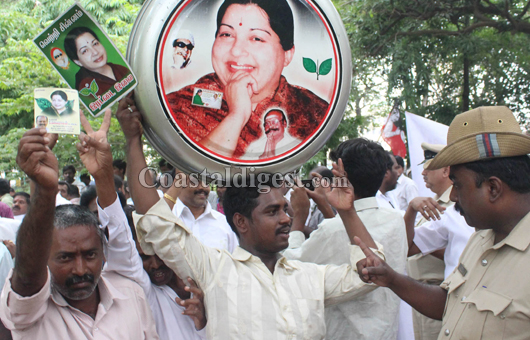
Acquitting Jayalalithaa and three others of "all the charges levelled against them", the single bench judge Justice C R Kumaraswamy set aside the trial court's conviction, allowing the criminal appeals filed by the four convicts.
In his 919-page judgement, Justice Kumaraswamy also quashed the order of the trial court relating to confiscation of the properties both movable and immovable.
"Taking into consideration overall circumstances and material placed on record, in my view, the judgement and finding recorded by the trial court suffers from infirmity and it is not sustainable in law," the judge said in a verdict that has pave the way for Jayalalithaa to return to chief ministership.
On disproportionate assets, the judge held that "it is relatively small. In the instant case, the disproportionate asset is less than 10 per cent and it is within permissible limit."
"Therefore, the accused are entitled to acquittal. When the principal accused (Jayalalithaa) has been acquitted, the other accused, who have played a lesser role, are also entitled to acquittal," the court said.
The judgement came on appeals filed by Jayalalithaa and three others against the verdict of Special Court Judge John Michael D'Cunha who had on September 27 last held her and three others guilty of corruption. He had awarded four years jail term to them, besides slapping a fine of Rs 100 crore on Jayalalithaa and Rs 10 crore each on three others.
The judge said it is a well-settled law that according to the Krishnanand Agnihotri case, when there is disproportionate asset to the extent of 10 per cent, the accused are entitled to acquittal.
A circular has been issued by Andhra Pradesh government that disproportionate assets to the extent of 20 per cent can also be considered as a permissible limit, the judge noted.
The margin of 10 to 20 per cent of the disproportionate assets has been taken as a permissible limit, taking into consideration the inflationary measures.
"Since the value of apparels and slippers and others (of Jayalalithaa) were of "insignificant value", I did not deduct this amount from the assets of DV & AC (Directorate of Vigilance and Anti-Corruption," the juge said.
He held that the prosecution has mixed up assets of accused, firms and companies and also added the cost of construction i.e., Rs.27,79,88,945/- and marriage expenses at Rs.6,45,04,222/- and valued the assets at Rs.66,44,73,573/-. The marriage expenses refer to Sudhakaran's (Jayalalithaa's disowned foster son) controversial extravagant wedding in 1995 when Jayalalithaa was Chief Minister.
"If we remove the exaggerated value of cost of construction and marriage expenses, the assets will work out at Rs.37,59,02,466/-. The total income of the accused, firms and companies is Rs.34,76,65,654/-. Lack of proportion amount is Rs.2,82,36,812/-. The percentage of disproportionate assets is 8.12 per cent," the judge said.
In an appeal from a conviction it is for the appellate court as for the first court to be satisfied affirmatively that the prosecution case is substantially true and that the guilt of the appellants has been established beyond all reasonable doubt, the judge said.
"It is not for the appellants to satisfy the appellate court that the first court had come to a wrong finding. In an appeal by some of the convicted persons, it is open to this court as an appellate court to examine the entire evidence. The powers of the appellate court under this section are the same as those of the trial court," he said.
"If after examining the evidence, this court is in a position to say that the findings arrived at are erroneous or contrary to evidence then not only there is no legal prohibition to do so but in the interest of justice, that must be done."
"In this case, the trial court has ignored the Income Tax proceedings as minimum evidentiary value. The trial court has not appreciated the evidence in a proper perspective," Justice Kumaraswamy said.
He said though the trial court in its judgement mentioned that the accused availed loan by the Indian Bank, it has not considered the same as income. Therefore, the trial court has erred in not considering the loans as income.
Even the valuation though disputed by the defence, the trial court has failed to examine the evidence relating to cost of construction at that relevant time and simply arrived at a conclusion that 20 per cent of the cost has to be reduced without appreciating the evidence placed on record.
"This 20 per cent reduction is calculated on surmises and conjectures. The trial court has assessed the marriage expenses at Rs.3,00,00,000/-. There is no acceptable evidence to point-out that A-1 (Jayalalithaa) has spent about Rs.3,00,00,000/-. In spite of it, the trial court has arrived at a figure of Rs.3,00,00,000/- as modest and conservative estimation."
"Arriving at Rs.3,00,00,000/- towards marriage expenses and fixing liability of Rs.3,00,00,000/- to A-1 alone is not proper. Most of the claims put forth by the accused have been rejected by the trial court," the judge said.
He noted the contention of the counsel for the appellants that without treating the witnesses as hostile, the witnesses were recalled and cross-examined.
"The questions are put in such a manner that whether what they have stated before the examination-in chief is correct or in the cross-examination is correct by securing answer to this question and also by adopting this method, they cannot wipe out the answers elicited in the cross-examination. This is also one of the factors which weigh in favour of the accused."
The judge said if the witness gives different statements at different stages, it is unsafe to place reliance on them.
He also held that it was difficult to infer that the properties were acquired by means of "ill gotten money" and therefore, confiscation of the properties by the trial court was not sustainable in law.
"The trial court has failed to appreciate the evidence in a proper perspective. The immovable properties were acquired by borrowing huge loan from nationalised banks."
On criminal conspiracy by all the four convicts, the judge said the mere "Accused Nos 2 to 4 (Sasikala,Sudhakaran and Elavarasi) living with Accused No. 1 (Jayalalithaa) does not itself contemplate offence of conspiracy."
"Conspiracy construes any combination or agreement between two or more persons to do an unlawful act. There must be reason to believe that there was conspiracy and accused persons were members of that conspiracy."
Section 10 of Indian Evidence Act deals with "things said or done" by the conspirator in reference to the common desire.
"This Section would come into play only when the court was satisfied that there are reasonable grounds to believe that two or more persons have conspired together i.e, to say there must be prima facie evidence."
The aspects of criminal conspiracy were an agreement to believe in an illegal act, the judge observed.
But, in the instant case, evidence on record discloses that the three other accused had borrowed huge amount and they had acquired the immovable properties like agricultural lands and legal entities.
"The source of income is lawful. The object is also lawful. Just because Accused Nos 2 to 4 stay along with Accused No 1, that itself is not component (on the basis of) which the court can come to the conclusion that A Nos.1 to 4 abetted and conspired and acquired the property in an improper way."
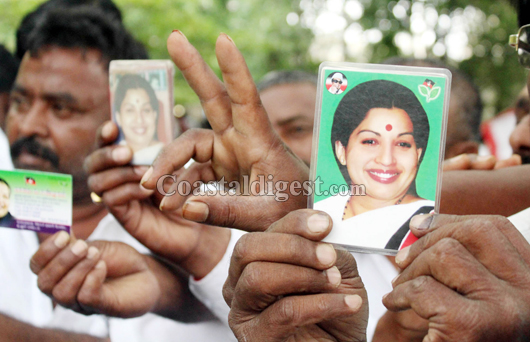
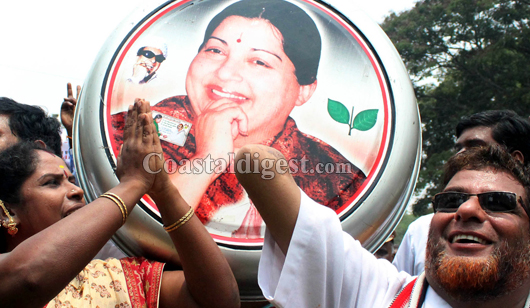
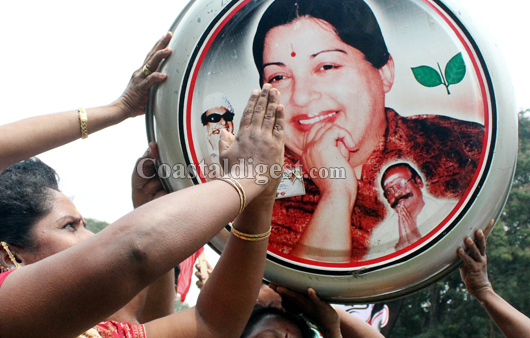
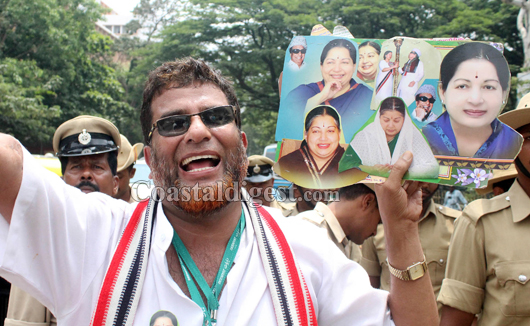
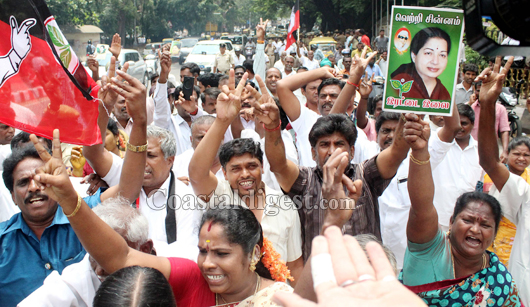
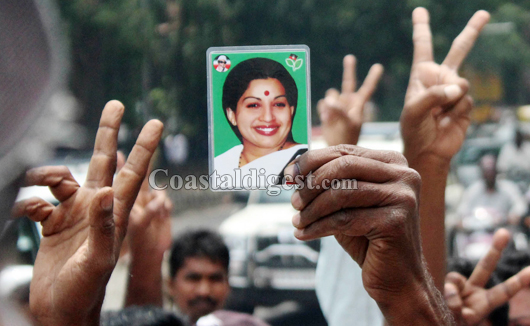
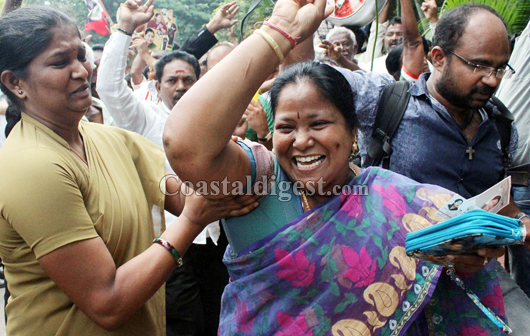
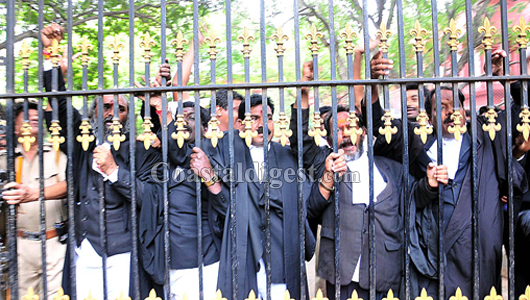
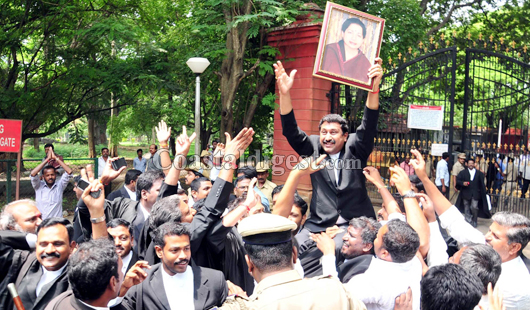
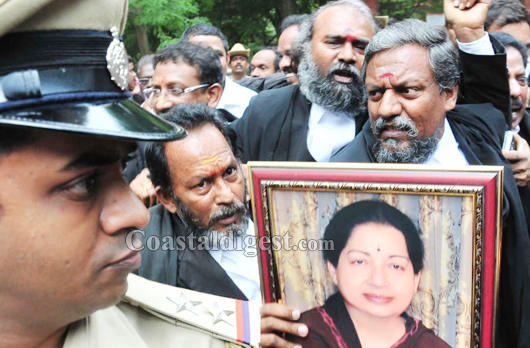
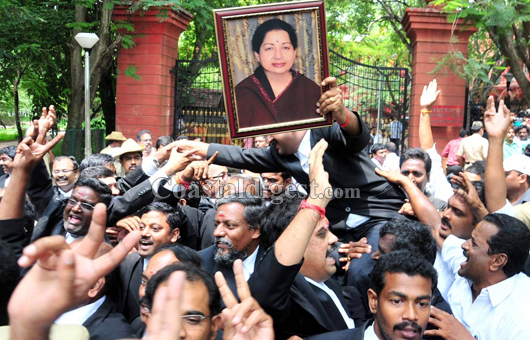
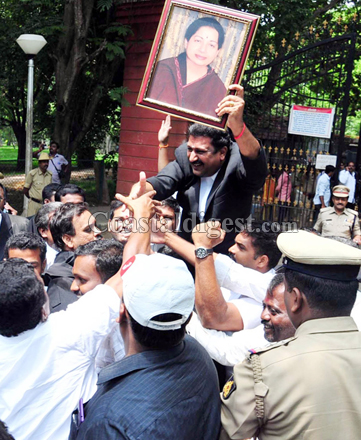
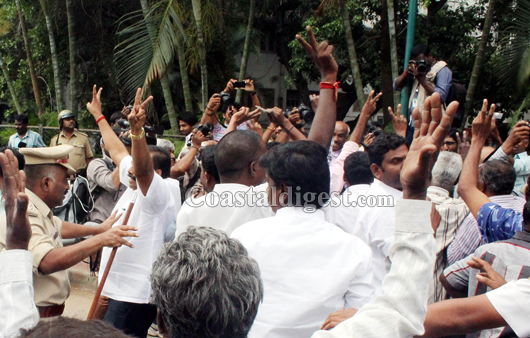
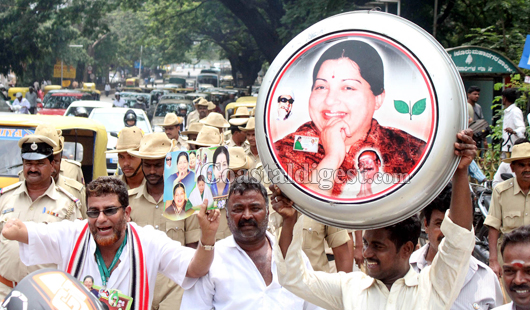
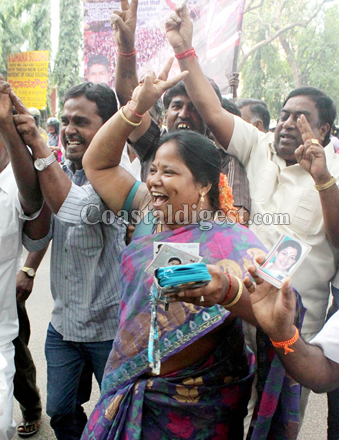
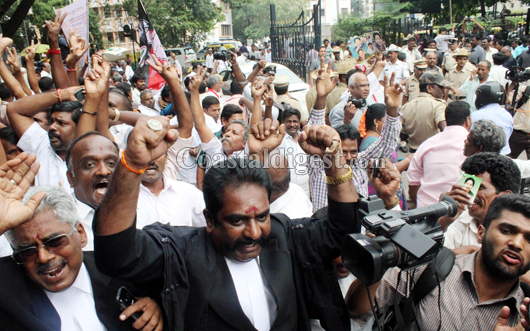
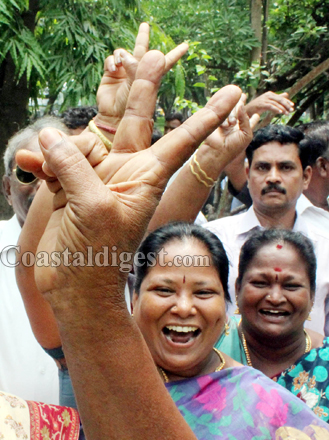





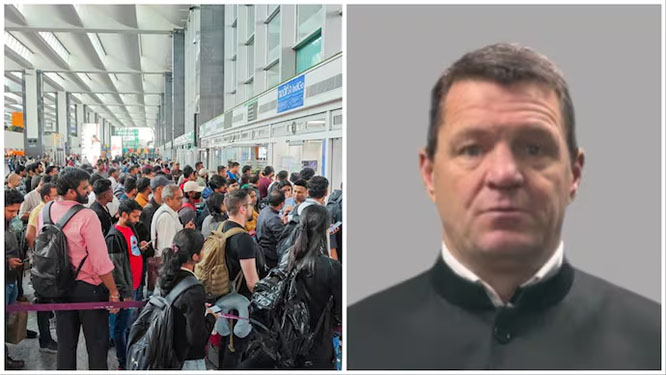


Comments
Add new comment